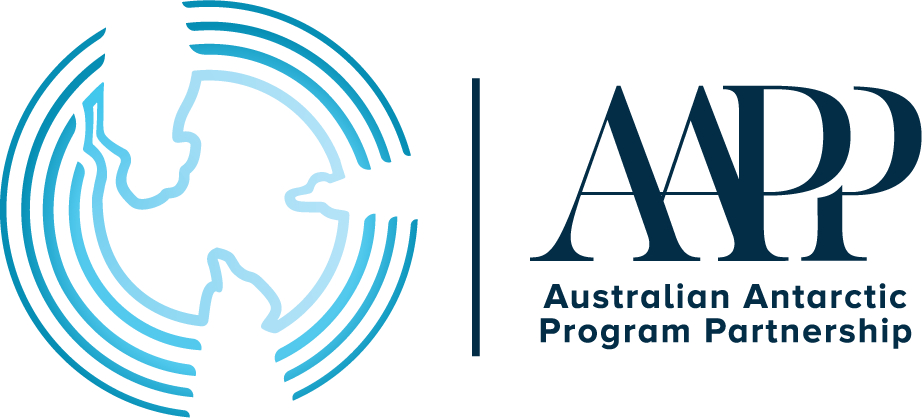Digital Antarctica is an agreed standardised framework to facilitate data sharing across multiple Antarctic research organisations in ways that aligns with the FAIR data principles, which advocate that data should be Findable, Accessible, Interoperable and Reusable. The project commenced in July 2020 and wrapped up in July 2022.
In late 2020, the Digital Antarctica Reference Group was created from representatives of the AAPP partner organisations, to align stakeholder organisations in the definition and progress of Digital Antarctica.
Over its course, the project, with the assistance of the reference group, has produced a number of documents describing the current state, scope, and requirements of the project. These are:
- A1. High-level Scope – A high-level understanding of the scope, based on early discussions with the Digital Antarctica Reference Group
- B1. High-level Current State – A high-level snapshot of what each of the partner organisations do, and how they manage data
- A2. Refined Scope – A deeper understanding of the scope, delving into some of the concepts touched on in the high-level document
- B2. Refined Current State – Having established the scope of Digital Antarctica, this document takes a deeper look at what each data centre does with in-scope data. It also collates those data to provide an overall picture of the Antarctic data landscape
- C. Requirements – A list of requirements that a fully realised Digital Antarctica solution should meet
- D. Summary and Recommendations – A document summarising the activities of the project and providing recommendations for moving forward
In mid-2022 the Australian Antarctic Division began working on the Integrated Digital East Antarctic (IDEA) program, which came about as part of the 2021 O’Kane review into Australian Antarctic science. The IDEA project mission is to “facilitate and coordinate the acquisition, analysis and synthesis of Antarctic and Southern Ocean data” which aligned with the Digital Antarctica goals, vision, and scope. As such the project deliverables and knowledge has been handed over to the AAD for use in IDEA.
The AAPP looks forward to participating in the IDEA program, and to see the groundwork laid by Digital Antarctica in action.
